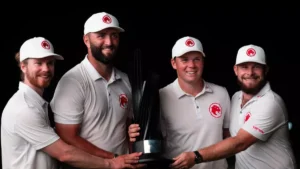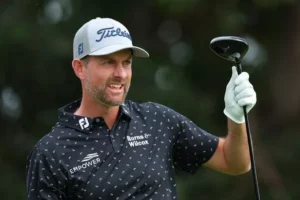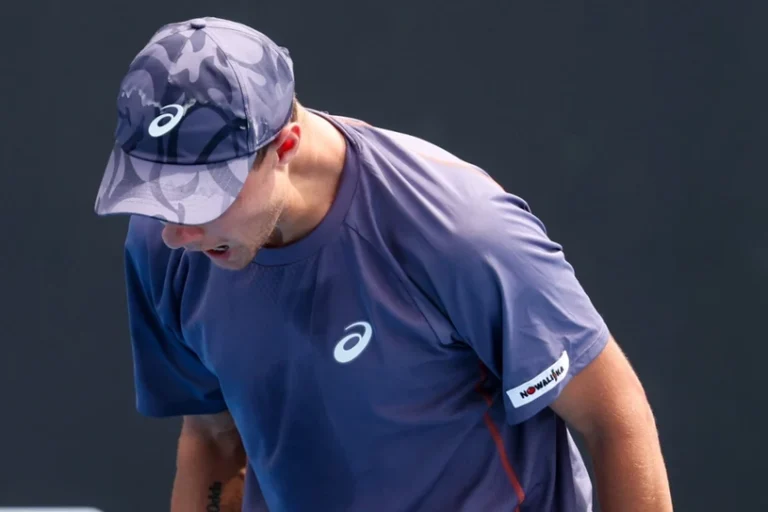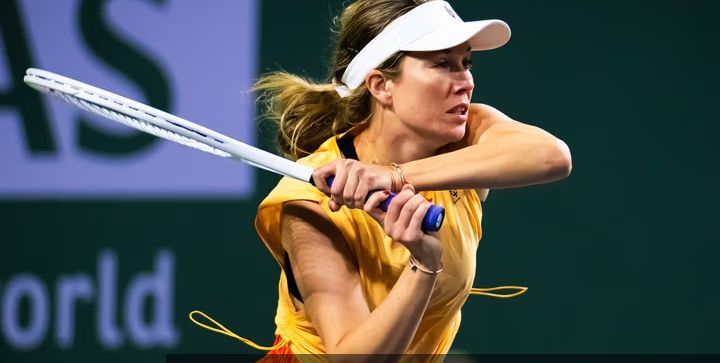6 LIV Golf stars told they are only players who would be welcomed back by PGA Tour
Webb Simpson has recently made a significant assertion about the future of golfers who have left the PGA Tour to join LIV Golf, indicating that only a select few will find their way back if they choose to return. According to Simpson, the situation could lead to a challenging scenario for many players who might have to restart their careers from the ground up.
When LIV Golf, a league backed by Saudi Arabian investment, began recruiting players in 2022, it caused a considerable stir in the world of professional golf. The league’s lucrative financial offers tempted numerous golfers to make the switch, much to the dismay of the PGA Tour and its supporters. This exodus was particularly striking with prominent names like reigning Masters champion Jon Rahm deciding to join LIV at the end of the previous year.

The PGA Tour responded with a series of measures to dissuade players from leaving. European golfers who transitioned to LIV Golf lost their eligibility for the Ryder Cup, and none of the players could earn Official World Golf Ranking (OWGR) points while participating in LIV events. This lack of OWGR points could potentially bar them from competing in major tournaments in the future, creating a risk of widespread defection from the PGA Tour.
Simpson, a former US Open champion who has remained loyal to the PGA Tour, has expressed his belief that only six players from LIV Golf will be able to seamlessly rejoin the PGA Tour if they decide to return. The rest, according to Simpson, will face a much tougher road, potentially needing to enter Q-school or find opportunities on other tours. He suggests that the current field sizes on the PGA Tour are already problematic, making it difficult to accommodate a large influx of returning players.

In a conversation with Golfweek, Simpson specifically identified six golfers who he believes might have a smoother path back to the PGA Tour. These include Phil Mickelson, Dustin Johnson, Bryson DeChambeau, Brooks Koepka, Jon Rahm, and Cam Smith. Mickelson and Johnson benefit from major exemptions due to their past achievements, while DeChambeau, Koepka, Rahm, and Smith have recent major victories that grant them similar advantages.
Simpson also highlighted the complexity of the situation, noting that the PGA Tour is currently grappling with the challenge of maintaining field sizes and ensuring the quality of the competition. He expressed concern about the possibility of having to take spots away from existing players to accommodate returning LIV golfers. Simpson criticized the idea of maintaining fields of 156 players, advocating instead for a reduction to 144 to preserve the competitive integrity of the Tour.
The former US Open champion elaborated on the potential repercussions of a continued split between LIV Golf and the PGA Tour. He pointed out that if LIV Golf continues for another two years, only a small number of players would likely have any remaining exemptions. For many others, the prospect of having to navigate Q-school or alternative tours could be a career-ending scenario.
Simpson emphasized the need for the PGA Tour’s board members and player directors to engage in discussions with players to understand their perspectives. He acknowledged that the idea of taking spots away from current players might be met with resistance, but it is a necessary conversation to address the future of those who have left for LIV Golf.
As of late 2023, before Rahm’s departure, there had been speculation about a potential merger between LIV Golf and the PGA Tour to address the ongoing backlash from players and fans. Despite an initial deadline for negotiations, talks about a potential deal are still ongoing, with LIV Golf welcoming the idea of an agreement.
The PGA Tour, in response to the situation, has entered into an investment partnership with Strategic Sports Group, a deal that provides players with access to over $1.5 billion in equity in PGA Tour Enterprises. This innovative partnership represents a new approach in the world of professional golf and comes at a time when the futures of several LIV Golf stars remain uncertain.
For many golfers, participating in prestigious tournaments such as the Masters and the US Open is a significant career highlight. However, some top players might find themselves missing out on these events in the future unless LIV Golf performances are recognized in the global rankings. Simpson advocates for a conversation about these issues to find a resolution that addresses the evolving landscape of professional golf.






